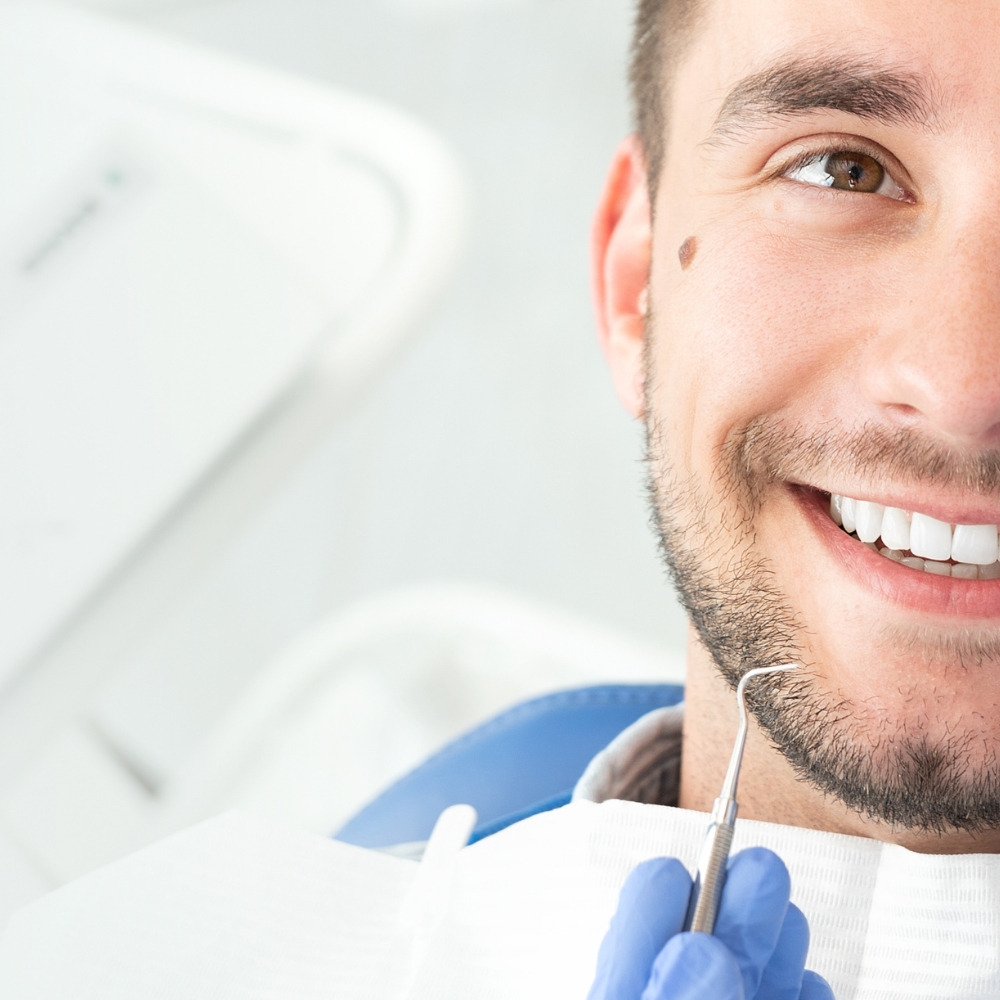- Root Canal Aftercare
Root Canal Recovery Aftercare
If you need root canal treatment, it can seem like an intimidating prospect. The thought of having a dental procedure is often enough to make people shudder, but there’s no need to worry. Root canal treatments are not as painful as they might first appear and with the right preparation and aftercare advice you can be sure that your teeth will heal properly when the surgery is done. Here we look in more detail at what you should do during recovery from a root canal in Pinellas Park, FL – useful information for anyone visiting one of our experienced local emergency dentists!
Overview of Root Canal Procedure and Aftercare
Root canal procedure is a dental treatment that can help save a tooth from extraction caused by severe decay or infection in the pulp. This procedure involves removing the damaged pulp and cleaning the canal to prevent further infection. After the root canal procedure, patients are advised to take proper care of their teeth and follow a strict oral hygiene regimen to ensure speedy recovery. They should avoid eating hard, crunchy foods, hot or cold beverages, and excessive brushing to prevent discomfort or further complications. By taking proper care of their teeth and following their dentist’s advice, patients can expect a successful outcome and a healthier smile.
Benefits of a Root Canal and Risks of Delaying Treatment
A root canal might not be the most pleasant experience, but it can bring immense relief to those who are suffering from a damaged or infected tooth. This procedure can help preserve the natural tooth, avoiding the need for extractions and replacements. A root canal can also alleviate pain, improve oral health, and restore normal biting and chewing functions. However, delaying treatment can result in more severe damage to the tooth, leading to complications such as swelling, abscesses, and even the spread of infection to other parts of the body. As with any medical procedure, it is important to consult with a dental professional to determine the best course of action for your specific needs.
How to Care for Your Teeth After a Root Canal Procedure
Following a root canal procedure, proper care of your teeth is essential to ensure the healing process is successful and your teeth remain healthy. Immediately after the procedure, it’s normal to experience some pain and sensitivity, but your dentist may prescribe medication to help alleviate any discomfort. You should also try to avoid chewing on hard or crunchy foods, as well as hot and cold drinks, for the first few days after the procedure. It’s important to continue brushing and flossing regularly, but be gentle around the affected area. If you experience any severe pain, swelling, or bleeding, consult your dentist immediately. With proper care and attention, your teeth can remain healthy and pain-free after a root canal procedure.
What You Should Expect During Recovery from a Root Canal
Recovery from a root canal is a crucial step in ensuring your dental health. Once the procedure is completed, it is natural to have some discomfort or pain which varies from person to person. However, it usually subsides within a week or two. It is important to follow the aftercare instructions provided by your dentist to ensure a smooth healing process. This includes avoiding hard or sticky foods, taking pain medication as prescribed and maintaining good oral hygiene habits. As with any dental procedure, you should continue to visit your dentist for regular check-ups to avoid any future dental problems. With proper care and attention, recovery from a root canal can be easy and successful.
Tips for at-Home Care After a Root Canal
After undergoing a root canal, proper care is crucial for a successful recovery. While your dentist will provide you with specific instructions based on your individual circumstances, there are some general tips that you can follow to make the recovery process as smooth as possible. For the first few days following the procedure, you should avoid eating hard or crunchy foods and stick to soft, easy-to-chew options. You should also avoid drinking hot liquids, as they can increase swelling and discomfort. It’s important to keep the area around the tooth clean to prevent infection, but be gentle when brushing and flossing to avoid agitating the area. Additionally, over-the-counter pain medication can help alleviate any discomfort. With proper at-home care, you can ensure a safe and speedy recovery after a root canal.
When to Visit the Dentist Again for Follow-Up Care
When it comes to dental health, follow-up care is essential to maintaining a healthy smile. After your initial visit, it is recommended to schedule your next appointment within six months to a year, depending on your individual needs. During follow-up care, your dentist can assess the overall health of your mouth, identify any potential issues, and provide the necessary treatment to prevent further damage. It’s important to recognize that dental health is a crucial aspect of overall health, and regular follow-up care plays a significant role in ensuring you maintain optimal dental hygiene. So don’t delay, call today to schedule your next appointment. Your smile will thank you.
Contact Us Today
In conclusion, root canals are routine and effective dental procedures that are often simple and convenient for patients. With proper aftercare following a root canal procedure, you’ll find the experience to be manageable and easy. If you’re experiencing any of the symptoms described in this article, it’s important to contact a dentist as soon as possible. A root canal may be the only way to save your tooth from further damage or infection. With the right amount of care, you can anticipate a full recovery from your root canal procedure in no time at all. If you have any questions regarding your root canal treatment or would like to know more about how to care for your teeth during recovery, please don’t hesitate to contact us today at Park Boulevard Family Dentistry to schedule an appointment.





